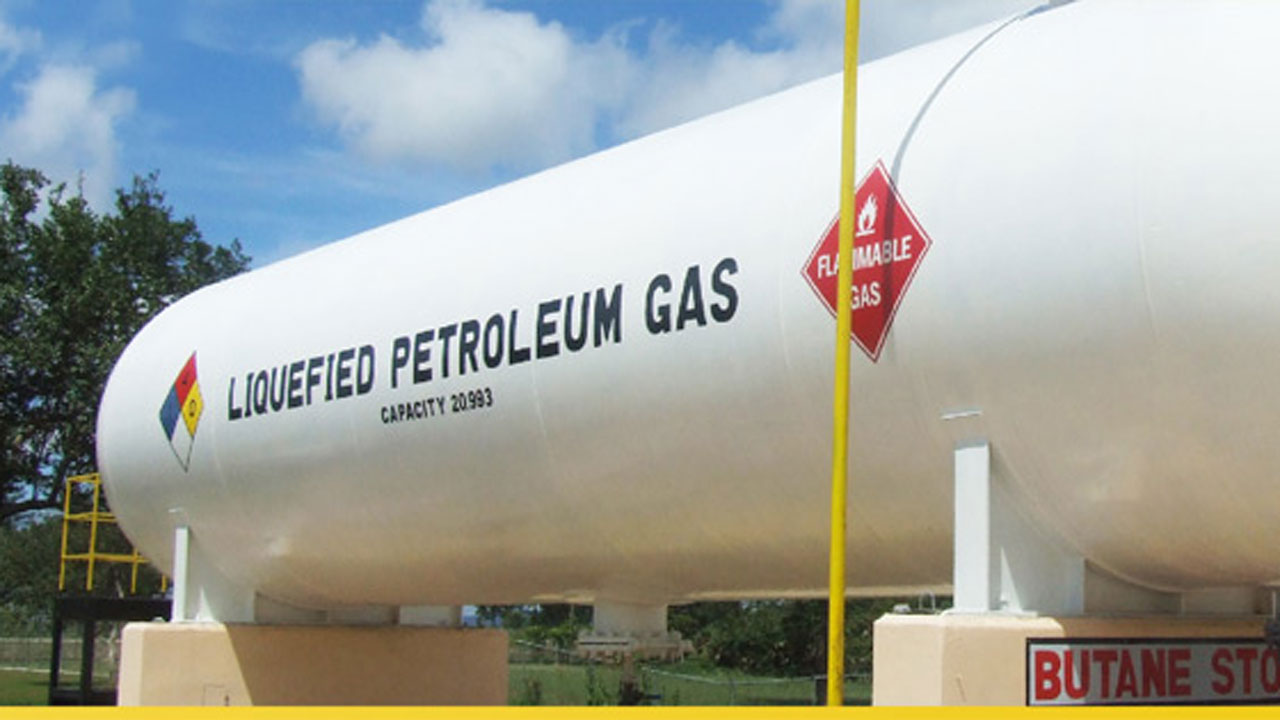 As Nigeria moves to increase domestic Liquefied Petroleum Gas (LPG) consumption to five million metric tonnes (mmt) by 2021, stakeholders yesterday, insisted that provision of financial incentives might leapfrog clean energy in the country and address looming health and environmental dangers.
As Nigeria moves to increase domestic Liquefied Petroleum Gas (LPG) consumption to five million metric tonnes (mmt) by 2021, stakeholders yesterday, insisted that provision of financial incentives might leapfrog clean energy in the country and address looming health and environmental dangers.
The experts, who insisted that the nation must move rapidly to achieve Sustainable Development Goals and the Paris Climate Change pact, added that unless drastic actions were taken, the country might still continue to depend largely on fossil fuels.
The experts therefore urged industry players to take advantage of the N250 billion Central Bank of Nigeria (CBN) intervention facility to address the bottlenecks in the domestic gas market, while urging sustainable finance into the gas sector.
The African Refiners and Distribution Association (ARDA) and other experts in the Liquefied Petroleum Gas (LPG) had earlier warned of imminent danger if Africa fails to quickly adopt modern clean energy as over 850 million Africans still depend on solid fuels (biomass) for cooking.
Without strategic efforts towards energy transition, especially for cooking, the experts had said solid fuels might continue to kill over 600,000 Africans yearly due to household air pollution.
Last year, the Federal Government revealed that the CBN would provide N250 billion intervention facility for the national gas expansion programme aimed at making Compressed Natural Gas (CNG) the fuel of choice for transportation and Liquefied Petroleum Gas (LPG), domestic cooking, captive power and small industrial complexes.
Programme Manager, National LPG Expansion Implementation Plan, Dayo Adeshina, who said the intervention was critical for the sector, noted that there was need to tweak the plan to ensure that players in the sector seamlessly access the loan.
He noted that the objectives of the intervention would be achieved if commercial banks stop treating the loan as commercial loans.
“To access the loan, it is your commercial banks that will approach the CBN but unfortunately the banks were treating it as commercial loans. Typically, they would ask for the same things they ask when you ask for normal loans; equity contribution, security and all.
“All these slowed down the amount of people whose balance sheets can allow them access the loan. That is being looked at to see how associated bottlenecks can be resolved to make it easier for people to access,” Adeshina said.
He noted that five million metric tonnes was achievable, adding that although the impacts of Covid-19 affected implementation, the Federal Government has been working to address inherent bottlenecks.
Adeshina said: “We are not worried about being able to meet the projection. There are so many projects and things that we are doing on our side. So, hopefully there will be improvement as people begin to get back into full operations, There are several initiatives, even on the funding side and the supply side as a condition of things that would help us achieve the five million metric tons.”
PricewaterhouseCoopers’s Associate Director, Energy, Utilities, and Resources, Habeeb Jaiyeola, said the CBN intervention remained a welcomed development to facilitate investment in the domestic LPG sector and achieve the desired retail penetration.
“The intent of the fund is also quite comprehensive and seeks to ease funding challenges for all players within the LPG value chain,” Jaiyeola said.
According to him, while the fund remains a loan with set payback period, its application has to be strictly monitored to ensure the most critical sections of the LPG value chain are targeted for maximum impact.
Jaiyeola added that the payback has to also be enforced to ensure the fund remains available for further critical interventions.
Speaking further on the LPG sector, Jaiyeola insisted that appropriate pricing system must be instituted to enable the forces of demand and supply determine the price and enable adequate returns on investment.



